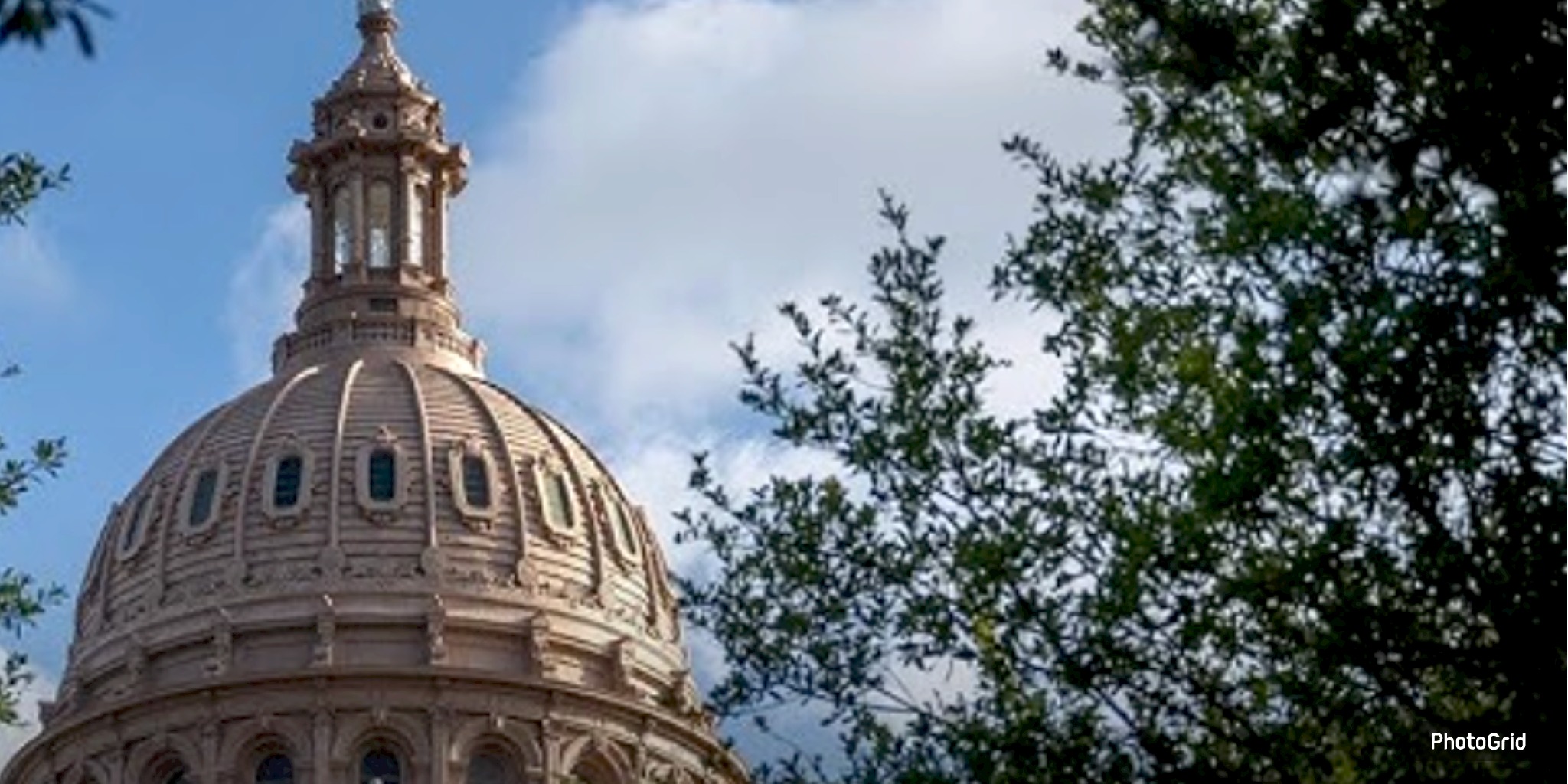
Texas lawmakers reconvened at the Capitol on Monday, July 21, for a 30-day special legislative session called by Governor Greg Abbott to address pressing state issues following severe flooding, discussions on congressional redistricting, and the future of THC regulations.
Following the tragic loss of over 130 lives in the devastating July 4 floods that struck Texas Hill Country, Abbott has unveiled an agenda that focuses on recovery efforts, enhances flood alert systems, and strengthens emergency preparedness measures. “It is essential that we enhance our readiness for similar occurrences moving forward,” Abbott stated.
House Speaker Dustin Burrows and Lt. Gov. Dan Patrick have taken action by establishing special committees to assess the state of Texas's response to flooding. According to AccuWeather, damage estimates are between $18 billion and $22 billion, while three individuals remain unaccounted for in Kerr County.
Although there is widespread agreement on disaster response, other aspects of Abbott's agenda have sparked significant debate, particularly mid-decade redistricting. Abbott is advocating for a redrawing of congressional maps before the 2026 midterms in response to a July letter from the U.S. Department of Justice that identified four Texas districts as unconstitutional racial gerrymanders.
While the concerns raised by the DOJ offer a layer of legal protection, detractors contend that this action is primarily a maneuver for political advantage. Former President Donald Trump amplified those worries, expressing his desire for Texas to secure five additional Republican congressional seats. Rep. Greg Casar (D-Austin) described the plan as “an attempt to rig the midterms,” while Texas House Democratic Caucus Chair Gene Wu cautioned that Democrats might break quorum to stop the process.
The regulation of THC has emerged as a significant point of contention. Abbott has recently rejected a suggested prohibition on hemp-derived THC products, instead calling on the legislature to implement regulations—such as age restrictions, labeling standards, and limitations near educational institutions. Lt. Gov. Patrick, known for his strong opposition to THC products, stands resolutely in favor of a ban, contending that regulation cannot be effectively enforced.
“Regulating 8,000 stores is simply not feasible,” Patrick stated in June. “This industry is beyond your control.”
Additionally, there are divisive proposals aimed at restricting bathroom access for transgender individuals and increasing penalties for abortion pill providers—matters that Democrats have pledged to oppose.
“This special session goes beyond legislation—it’s about the future of Texas we are shaping in the aftermath of disaster,” Wu stated. For the Democrats, they are committed to advocating for the interests of every Texan, as per Wu.
As the deadline approaches, lawmakers are under increasing scrutiny to produce outcomes within the next 30 days. The governor has indicated that if the legislature does not address his priorities, he may consider convening another special session.
















From breaking news to thought-provoking opinion pieces, our newsletter keeps you informed and engaged with what matters most. Subscribe today and join our community of readers staying ahead of the curve.